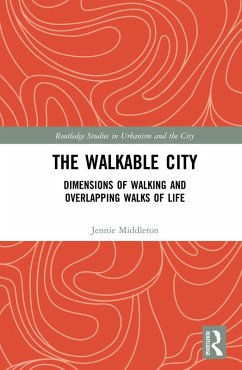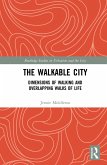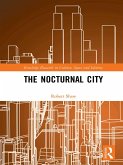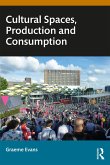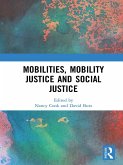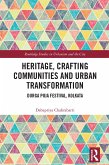The book focuses on the everyday experiences of the urban walker, the bodily experiences of walking, and different walking research methods. It goes beyond the conventional focus on walkable places by delving into the ways in which urban space is consumed and produced through different ways of walking. Drawing on fieldwork in the UK and international secondary sources, the book examines how walking is socially and materially co-produced, focusing on pedestrian practices, infrastructures, and the social nature of walking. Chapters in the book offer key explorations of the cultural and social inclusions and exclusions of navigating the city on foot. The book considers transport planning and policy promoting pedestrian movement, pedestrian infrastructures, the politics of walking, and social interactions of urban pedestrians. The book offers vital analyses of how different but overlapping dimensions of walking and their relationship with urban space are often overlooked, and the importance of centring the lived experiences of walking in understandings of pedestrian practices.
This book provides a timely contribution to the field of mobilities due to a growing interest in urban walking. It will be of interest to students and scholars of urban studies, human geography, sociology, and public health.
Dieser Download kann aus rechtlichen Gründen nur mit Rechnungsadresse in A, B, BG, CY, CZ, D, DK, EW, E, FIN, F, GR, HR, H, IRL, I, LT, L, LR, M, NL, PL, P, R, S, SLO, SK ausgeliefert werden.
Jordi Honey-Rosés, Associate Professor, University of British Columbia

